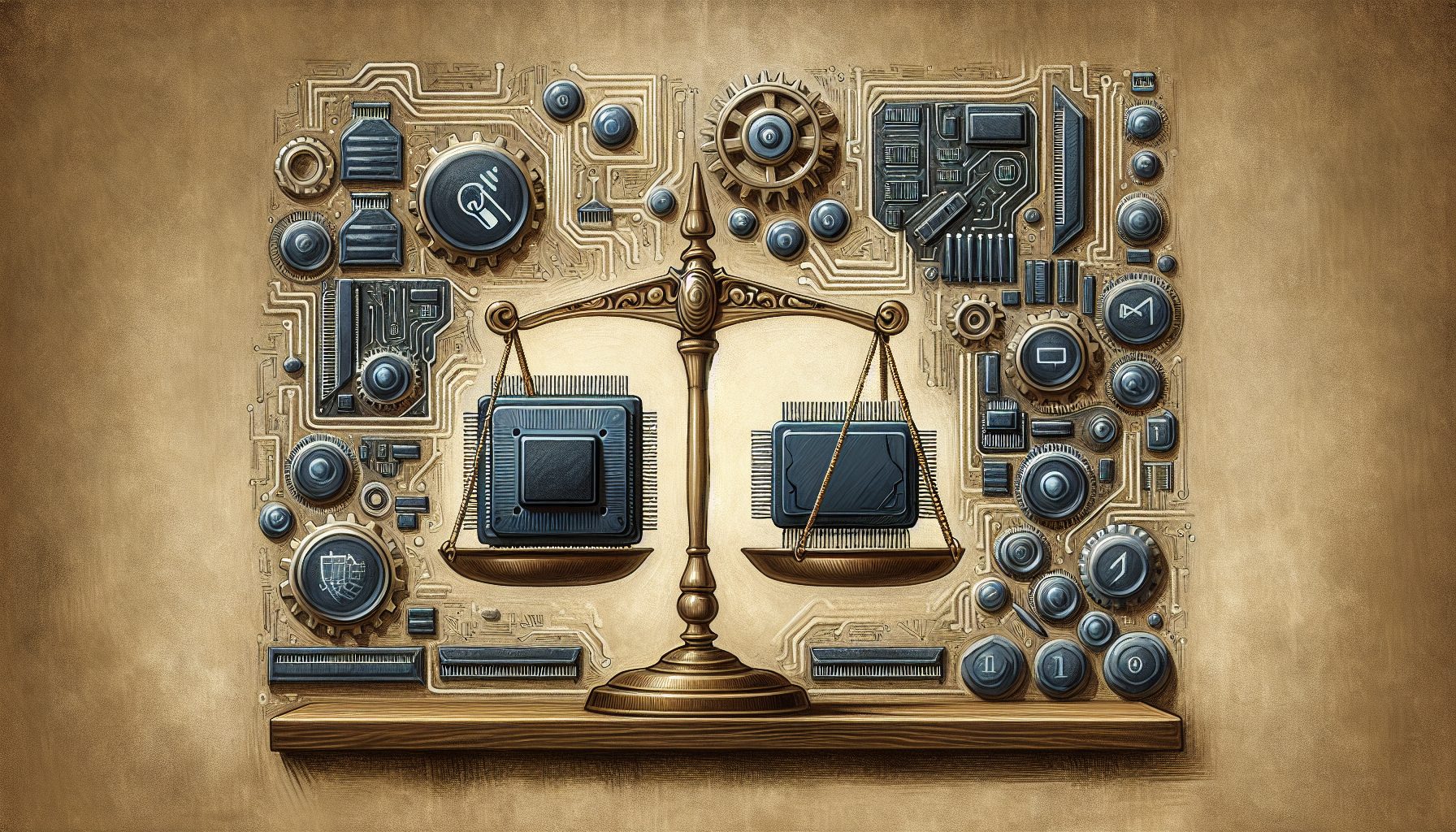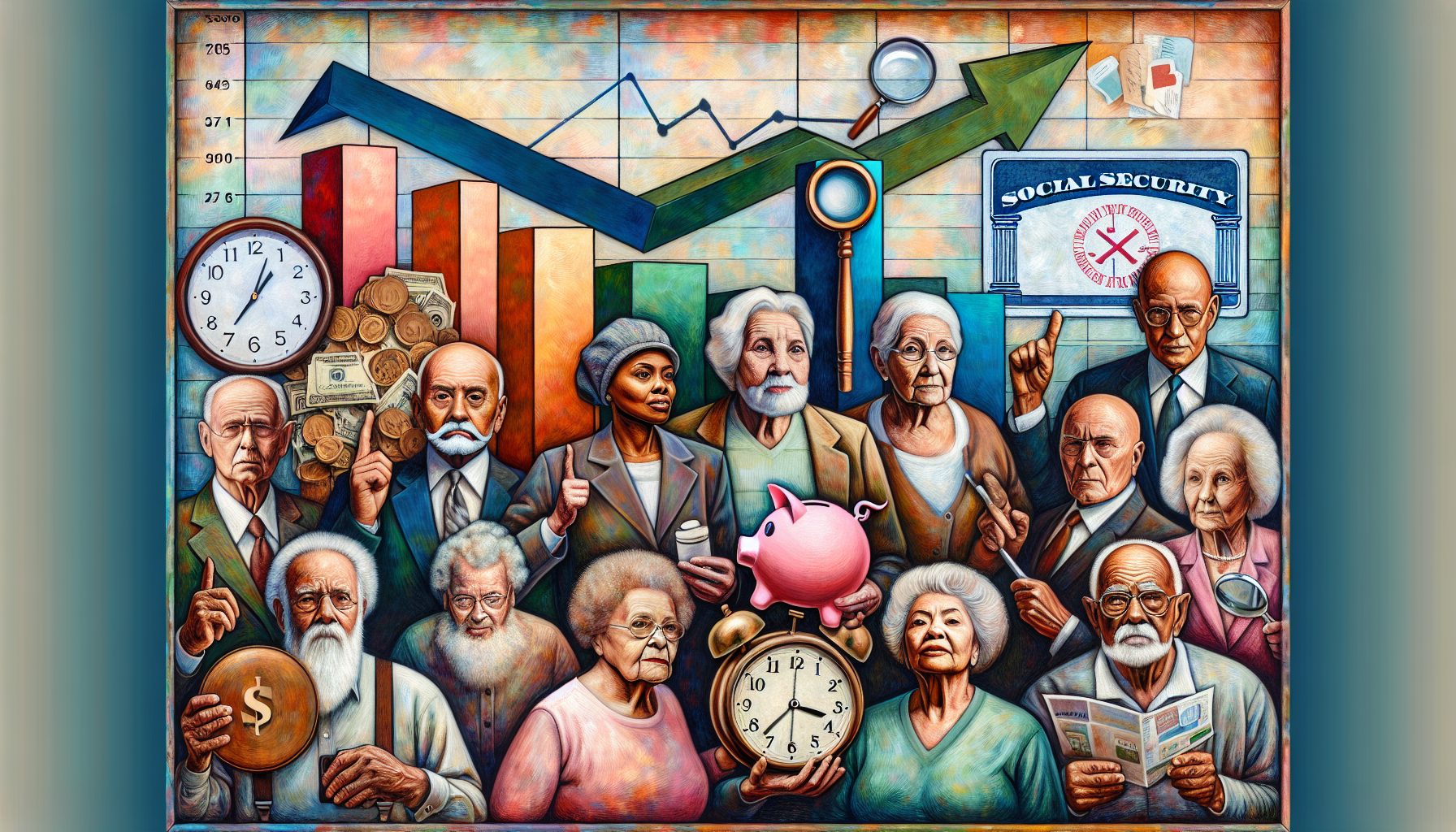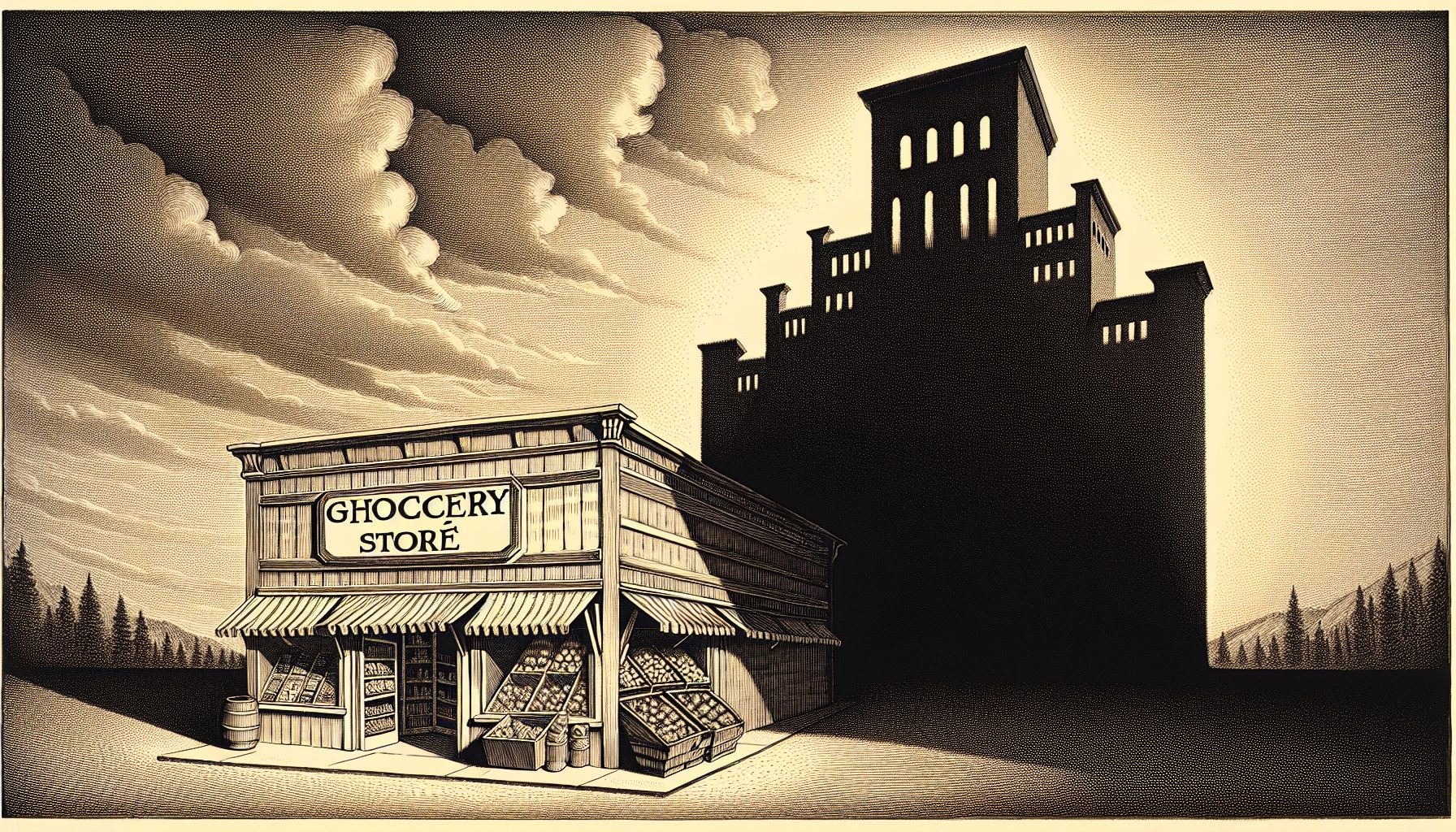WASHINGTON—Retail sales fell unexpectedly in December to close out the weakest year at the cash register since 2002, data showed on Tuesday, the strongest signal yet that the economy may be sliding into recession under the weight of a housing and credit crisis.
At the same time, while prices at the farm and factory gate showed their biggest annual increase in more than 25 years last year, they dipped in December. That suggested the U.S. Federal Reserve may have room to cut interest rates more to stave off an economic contraction.
The Commerce Department said retail sales dropped 0.4 percent last month and it revised down November’s sales gain to 1 percent from a previously reported 1.2 percent.
“If consumers continue to shy away from the shops and the malls, the economy may not be able to avoid a recession,” said Chris Rupkey, chief financial economist for Bank of Tokyo/Mitsubishi UFJ.
Stock prices were sharply lower in early-morning trading as investors weighed chances an economic downturn was at hand.
But bond prices were generally higher on heightened prospects that Fed policy-makers, who have expressed more worry about a potential stall in growth than about inflation, were bound to cut rates sharply when they meet at the end of the month now that evidence of softening consumer demand is clear.
“This shows us the U.S. consumer, who has been the stalwart holding up the U.S. economy of late, is starting to buckle,” said Firas Askari, head of foreign exchange trading for BMO Capital markets in Toronto.
Analysts fear the consumer spending crutch that the U.S. economy has relied upon for growth is being kicked away — a concern that the soft retail sales data reinforced.
Consumers are being doubly pinched by rising energy costs and falling home prices and there is no sign that pressure from either source will ease in 2008.
ENERGY RELIEF
Separately, the Labor Department said the producer price index, which measures prices received by farms, factories and refineries, dipped by 0.1 percent in December as fuel prices dropped. However, core prices, which strip out food and energy costs, edged up 0.2 percent.
Energy prices declined by 1.9 percent in December as gasoline costs fell 4.8 percent. However, for the year as a whole, gasoline prices were up a whopping 37.1 percent.
Retail sales for all of 2007 were up 4.2 percent, a significantly softer gain than the 5.9 percent increase posted for 2006 and the weakest advance since a 2.4 percent rise in 2002.
Excluding autos, December sales still were down 0.4 percent. Wall Street economists surveyed by Reuters had forecast that overall sales and sales excluding automobiles would be unchanged in December.
Sales at gasoline stations dropped 1.7 percent in December after rising 7.6 percent in November. But even excluding gasoline, retail sales were off 0.2 percent last month after a 0.4 percent rise in November.
Retailers had already indicated that the Christmas shopping season was a poor one and that was reinforced by the retail sales report.
Sales at department stores fell 0.4 percent following a 0.5 percent gain in November, while sales at both clothing and sporting goods stores dropped 2 percent.
Sales of new cars and parts fell 0.4 percent last month on top of a 1.4 percent drop in November.
(Additional reporting by Alister Bull; Editing by Andrea Ricci)
Copyright Reuters 2007. All rights reserved. Users may download and print extracts of content from this website for their own personal and non-commercial use only. Republication or redistribution of Reuters content, including by framing or similar means, is expressly prohibited without the prior written consent of Reuters. Reuters and the Reuters sphere logo are registered trademarks or trademarks of the Reuters group of companies around the world.








